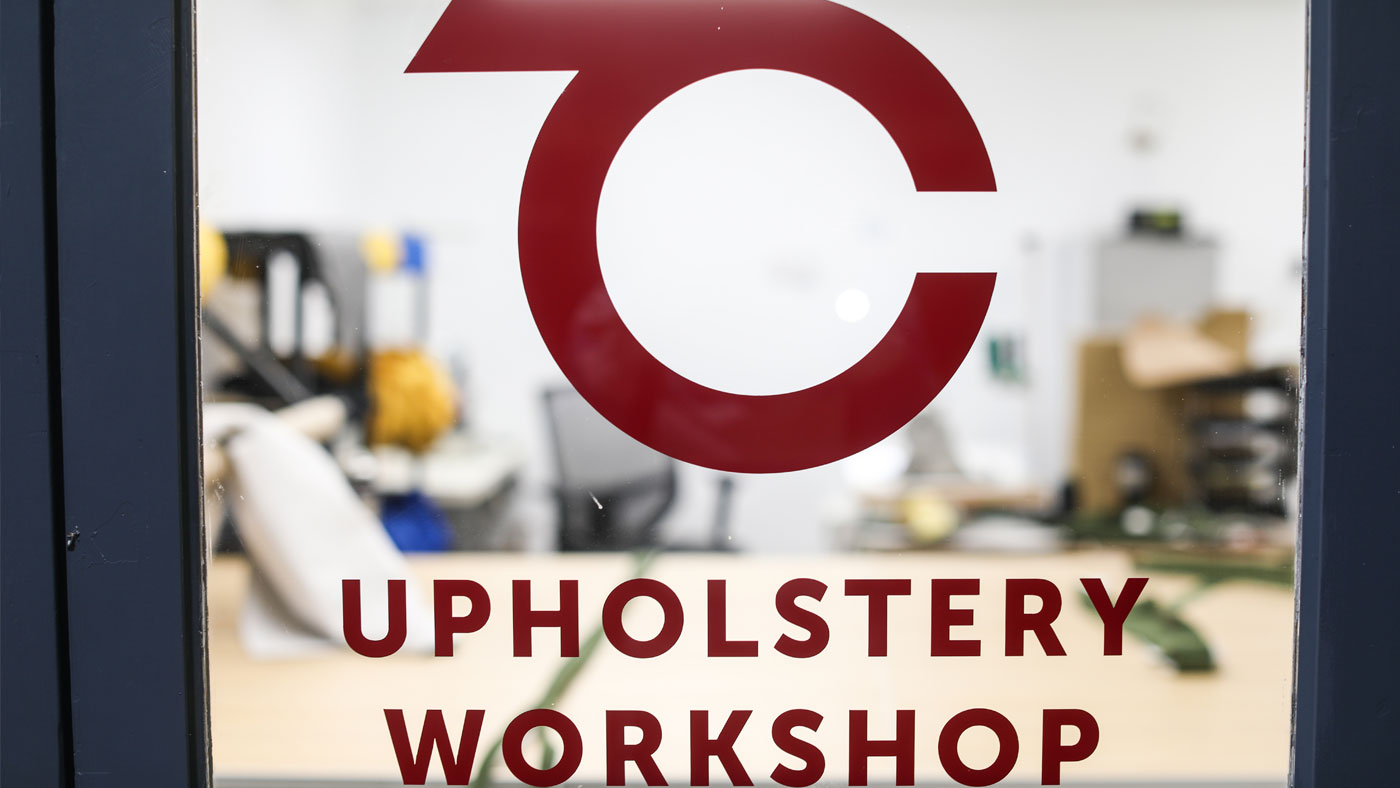
The Circular Economy: Revolutionising our Way of Living
Welcome to our blog post where we're going to dive into the fascinating concept of the circular economy. Have you ever wondered how we can create a more sustainable world while still enjoying our modern way of living?
Well, get ready to have your mind blown, the circular economy is a revolutionary approach. One that challenges the traditional linear take-make-dispose model. Instead, it introduces a whole new way of thinking about how we use and reuse resources.
By shifting our focus from wasteful consumption to a system of regeneration and reuse, the circular economy is transformative. This is a business model that will transform the way we live, work, and interact with our environment. So, let's embark on this exciting journey together and uncover the incredible possibilities that the circular economy holds for our future.
What is the Circular Economy?
The Circular Economy is an economic system that's all about reducing waste and maximizing the use of resources. It focuses on keeping resources in use for as long as possible through methods like reuse, repair, resale, and recycling.
The idea behind this approach is to give products as long a lifespan as possible. Extracting as much financial and utilitarian value from them as we can. And crucially, doing so before eventually transforming them into new products.
Basically, it's about being more mindful of how we use our resources. It's about finding innovative ways to give them a second, third, or even fourth life. By embracing this circular mindset, we can make a positive impact on the environment. We contribute to carbon reduction, create a more sustainable future through sustainable business practices for generations to come.
When we talk about sustainable practices, one concept that stands o ut is the Circular Economy. Unlike the linear economy, which follows a "take-make-dispose" approach, the Circular Economy prolongs the life cycle of products. It promotes the design of long-lasting products, finding new ways to use them when their purpose is fulfilled.
Using renewable energy sources for such production is also important. This approach emphasises the importance of reducing waste and maximising resource efficiency. By adopting sustainable practices, we can move away from a throwaway culture where unwanted furniture ends up in landfills. The future has to move towards a more environmentally conscious and economically viable world.
Transitioning from a linear to a circular economy not only benefits the environment; it is also cost-effective for businesses. By embracing circularity, businesses significantly reduce their environmental impact while cutting costs. Pursuing environmentally friendly policies really does reduce the expenses associated with resource acquisition and waste disposal.
This shift allows companies to break free from the traditional model of extraction, production, and disposal. Instead, they can create a closed-loop system where resources are reused, recycled, or repurposed. This circular approach not only minimises the dependence on finite resources but also promotes innovative thinking and new opportunities for growth. Embracing the circular economy is a win-win situation for both businesses and the environment.
The Benefits of the Circular Economy
The Circular Economy is an economic model that first of all puts emphasis on reducing waste. Building on this, it aims to establish a sustainable "closed loop" system for producing and consuming goods. This approach to the economy offers numerous benefits and solutions to pressing environmental challenges.
By promoting energy efficiency and carbon offsetting, the Circular Economy enables businesses and consumers to actively participate in conservation. The protection of natural resources and the state of our planet is at the forefront of all our hearts and minds. This encourages the reuse, repair, and recycling of materials. Not only does this reduce the demand for raw materials, it also minimises energy consumption and greenhouse gas emissions.
Furthermore, the Circular Economy fosters innovation. New business opportunities arise as companies are encouraged to develop sustainable products and services. Ultimately, embracing a Circular Economy contributes to environmental preservation and ensures long-term economic growth and social well-being.
By promoting ethical office clearance, the "eliminate-reduce-reuse-recycle" system minimises our natural resource use and carbon emissions. It also encourages businesses to prioritise product durability, reparability, reuse, and recycling.
This approach not only benefits the environment but also reduces costs associated with manufacturing and waste disposal. By embracing these principles, companies can contribute to a more sustainable future while also improving their bottom line. It is through these innovative strategies and conscious choices that we can create a circular economy that values resource efficiency. One where environmental responsibility is key, and which ultimately benefits both businesses and the planet.
To Conclude
As we wrap up this exploration into the circular economy, I hope your mind is buzzing with excitement and curiosity. The potential of this revolutionary approach to transform our way of life is truly mind-blowing. By challenging the linear take-make-dispose model and embracing regeneration and reuse, we can create a sustainable future. Let's envision a future for our children and our children's children, where we value resources and minimise waste.
It's time to shift our focus from wasteful consumption to conscious choices that benefit both our lives and the environment. So let's embark on this exciting journey together and uncover the incredible possibilities that the circular economy holds for our future. If you're ready to be a part of this paradigm shift, call Bureau Move and make a world of difference.



